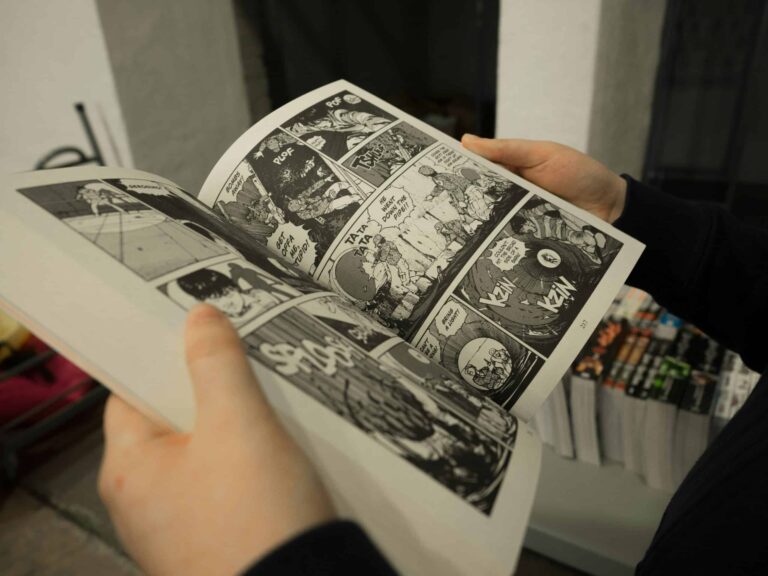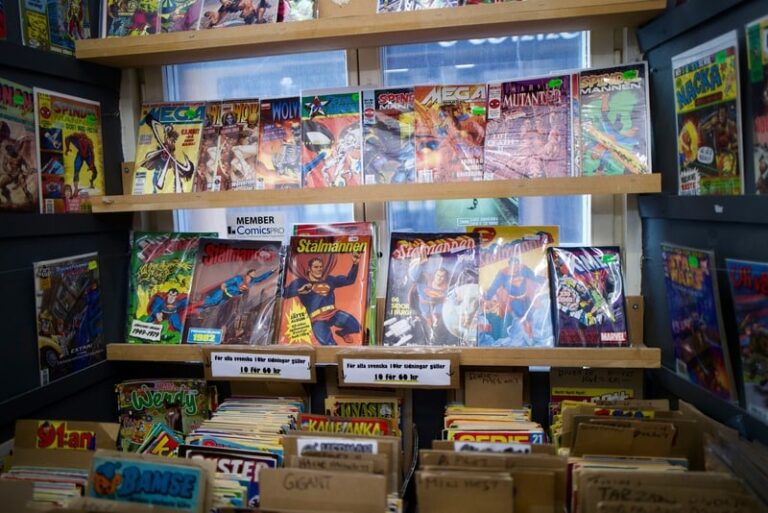The Last Chapter: Are Printed Books Slipping into History?
The printed books and brick-and-mortar bookstores have no doubt taken a hard punch in the metaphorical eye with the emergence of the digital age. There has been a decline in the purchase of, and use of, printed books in many areas of reading. That is a given. Just because there is a decline in one area doesn’t indicate that there isn’t an insurgence of activity in another. Or that a decline in certain aspects doesn’t also see benefits in other areas of the documented word. So, was this hit to printed books a knockout punch or a hit to bounce back from? Let us look closer at some areas that might provide a stronger opinion.
How the Publishing Industry is Impacted
On the one hand, digital technology has made book distribution easier, more efficient, and more accessible worldwide. This age has also given authors more independence to self-publish. This independence, however, has disrupted traditional publishing houses by creating less of a need to depend on them for publication. Traditional publishers have had to adapt their processes to the digital age to survive the shift. Some adaptations include developing a digital infrastructure, developing ebook capabilities, and tracking other revenue streams.
How Bookstores are Impacted
One positive impact of the digital age on bookstores is the ability to market more efficiently to a more extensive customer base. A solid online presence is crucial if bookstores want to survive in this new age. Many of the impacts are a challenge for the bookstore environment. They now compete with online shops that offer books at a discount, have a vast selection of titles, and provide convenient home delivery. Also, as customers embrace the convenience of ebooks, printed book sales decline dramatically in specific genres.
There is hope for the bookstore willing to embrace change! For example, they can elect to offer an online sales channel. The bookstores can implement innovations that provide digital conveniences to loyal customers. Offering Wi-Fi, holding author events, establishing book clubs, and installing interactive displays will improve the bookstore’s vibe and attraction.
How Printed Books are Impacted
Digital technology has positively impacted printed books in numerous ways. Development and distribution have been made more efficient and streamlined. Cover customization and quality have been improved, making it cheaper than ever. Many genres have seen a dramatic decline in printed book sales as readers migrate to a digital format. For example, adult fiction has been dramatically impacted, especially in the romance and erotic subgenres. Other genres still perform as they have in the past, where printed books are considered. Examples of these are recipe books, religious books, and illustrated books. Printed books will not be going anywhere soon. Still, they have been transformed in many ways by the emergence of digital technologies. Long Live the Book!
Future Outlook
The future of books and bookstores alike can be characterized as having both challenges and opportunities. As the industry evolves, both will have to respond to the changes in behaviors, advancements, and market dynamics. For books, the offering of a hybrid reading experience may be helpful. Buy the printed version, and scan the QR code for the download! For bookstores, a digital infrastructure will become a must-have if it hasn’t already. An online presence, live events, interactive exhibits, and workshops will all keep customer traffic within the walls of the bookstore. Adapt and flourish, or stall out and choke. Like many other facets of society, that is the future of printed books and bookstores!
For More Great Content
Total Apex is an all-around media informer passionate about entertainment, gaming, sports, and anything your curiosity wants to seek. Follow our Sports, Entertainment, Gaming, Betting, and Fantasy Sports homepage for more articles. Find us on X @TotalApexE&G and @TotalApexSports!






